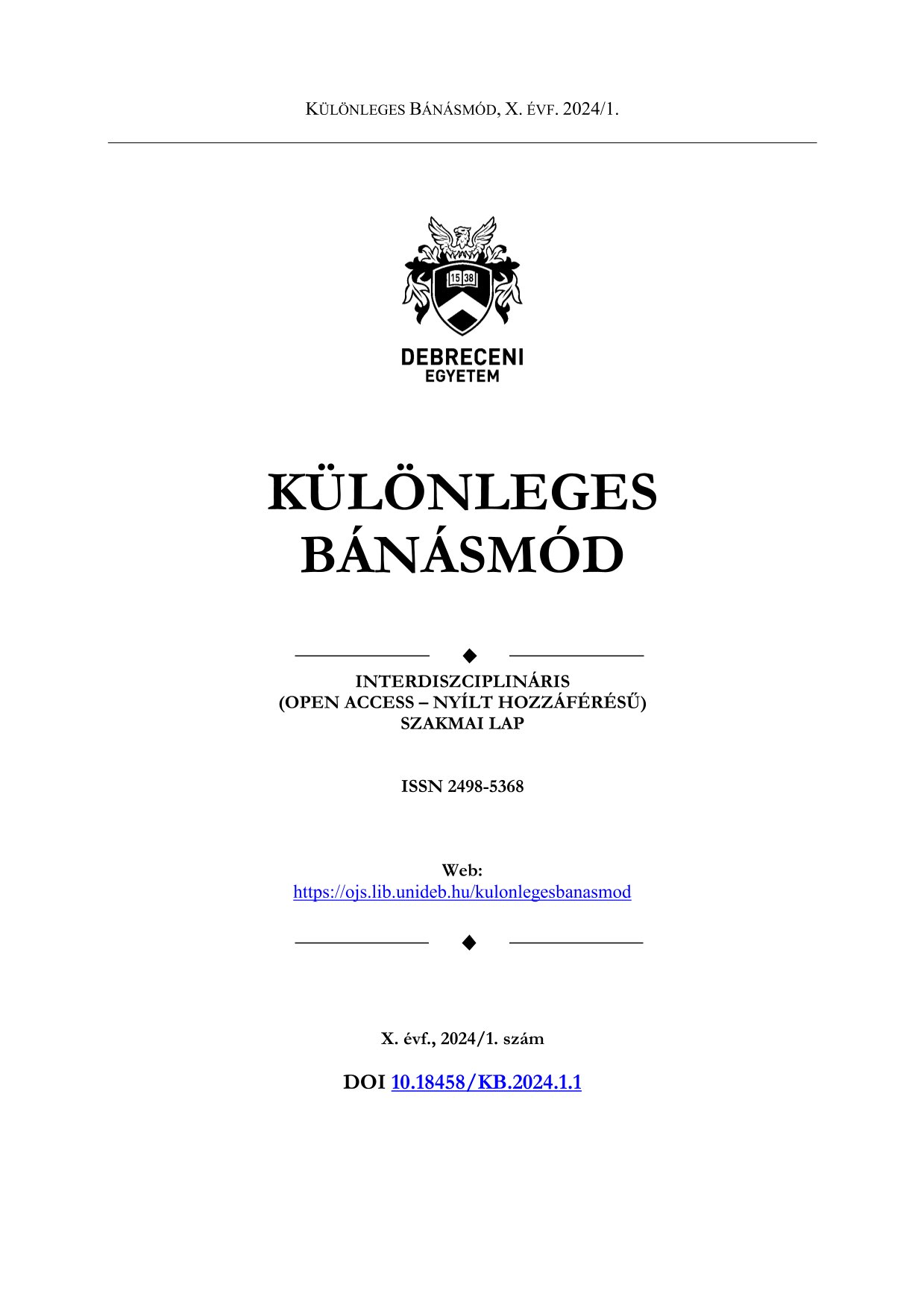Impact of the Pandemic on Adults' Social Relationships and Health
Authors
View
Keywords
License
Copyright (c) 2024 Kanyó Krisztina Zsófia, Dr. Pfau Christa Sára

This work is licensed under a Creative Commons Attribution-NonCommercial-NoDerivatives 4.0 International License.
How To Cite
Abstract
During the COVID-19 pandemic and its aftermath, numerous researchers have investigated the societal impacts of the pandemic, the resulting changes of which continue to be integral parts of people's lives. Generally, it can be stated that individuals' health behaviors have significantly transformed due to the restrictions. In our study, we examined Hungarian adults (n=336), focusing on assessing their experiences related to harmful addictions, mental health, and maintaining social relationships. The respondents reported that over half of them communicated and/or met with acquaintances and friends less during the pandemic. 72% of the respondents reported smoking the same amount, while 36% consumed the same amount of alcohol as before the pandemic. Regarding harmful addictions (alcohol consumption and smoking), a proportional relationship was found between the frequencies of the two variables. Those who smoked more than before the pandemic also consumed alcohol more frequently, and this trend was also observed in the decrease in frequencies. Respondents who did not experience changes in their smoking habits also held similar views on alcohol consumption. Women respondents exhibited greater emotional fluctuation than male respondents when asked about the frequency of experiencing depression and feelings of hopelessness. Overall, the majority of participants (54.8%) experienced worsened mental health due to the pandemic, and it was found that the adverse effects of the pandemic period were more pronounced on women's (60.3%) mental health compared to men’s (46.2%).


 https://doi.org/10.18458/KB.2024.1.51
https://doi.org/10.18458/KB.2024.1.51